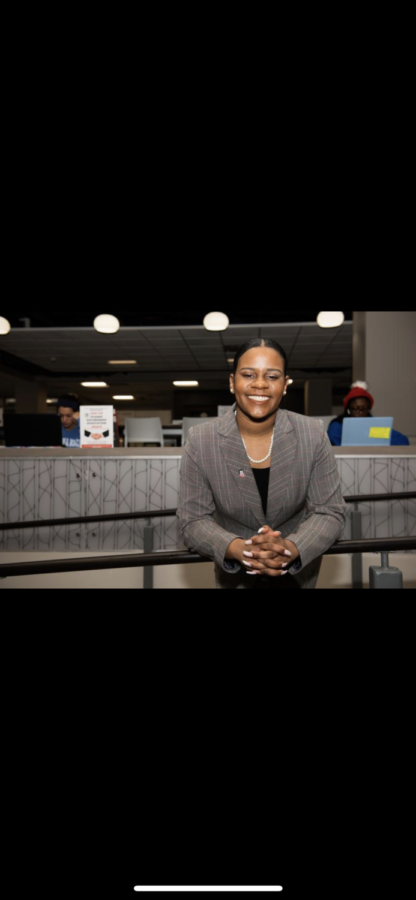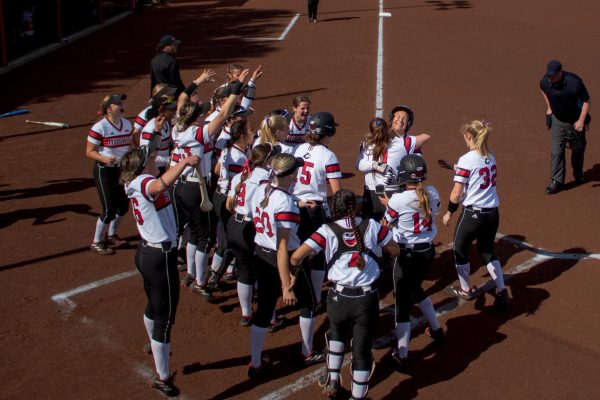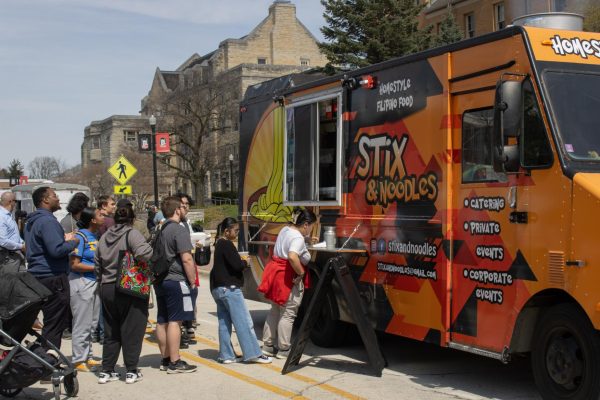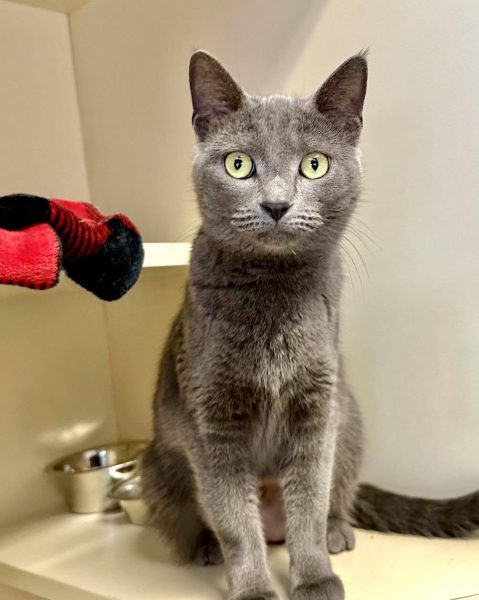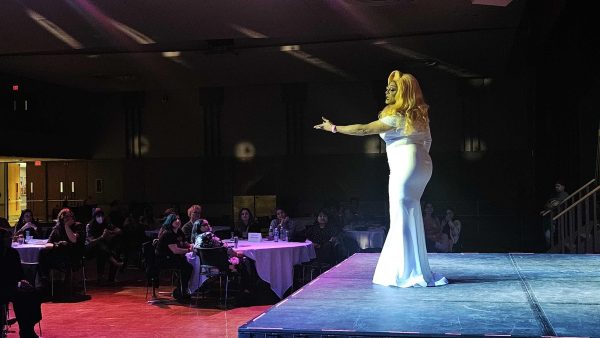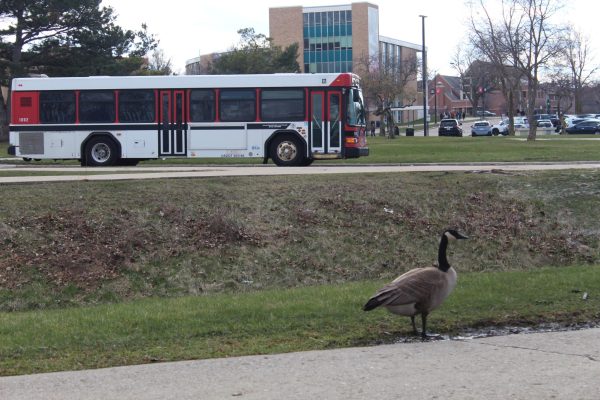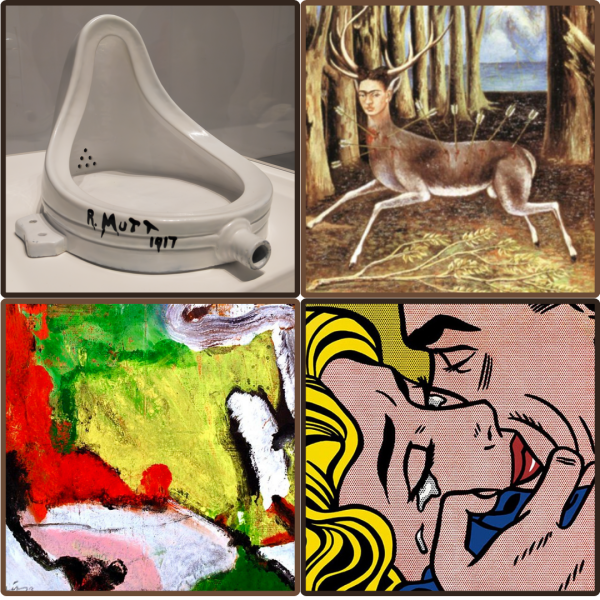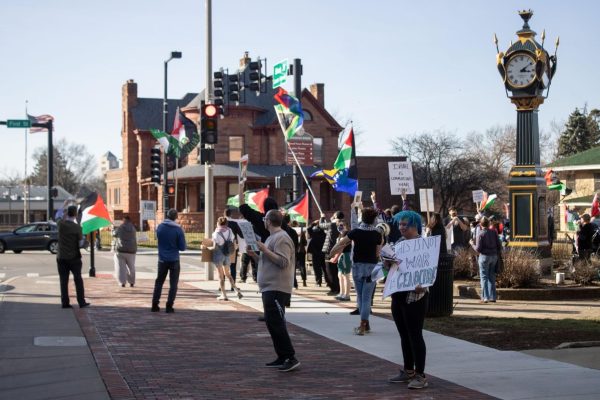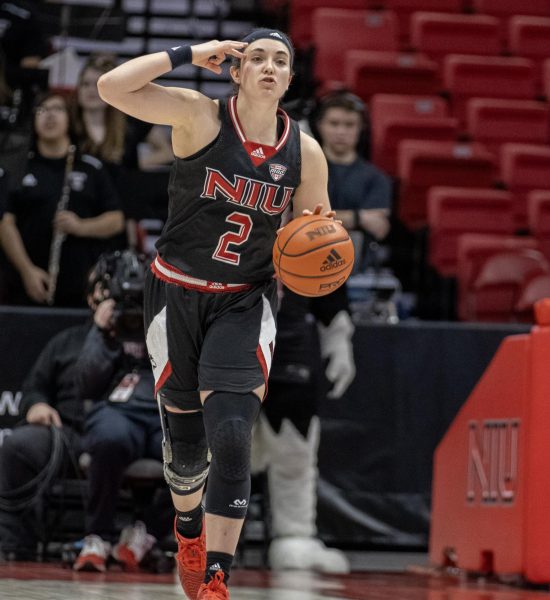Guest column: Recognize WOC in women’s history
March 23, 2021
During Women’s History Month, I am always happy to learn more about the women who have changed the world for me. Women who have become Supreme Court justices like the late Justice Ruth Bader Ginsburg, a lawyer and women’s rights activist appointed to the Supreme Court in 1993. Unfortunately, I feel that due to the biases people hold about Black women and our level of intelligence, we are overlooked and not taken seriously for the differences we’ve made. That’s how I often felt in college, that my voice didn’t matter, and that my level of intelligence was too far beneath others to even be taken seriously. Contributions to the fight for women’s rights, for example, have often been attributed to white women, without any acknowledgment toward Black women or other women of color for their major roles.
For instance, in 1920, women in America won the right to vote in elections; however, when we discuss these events leading up to the 19th amendment, our focus of the conversation is centered around names like Susan B. Anthony.
Anthony was a feminist in the 18 and 1900s, and a leader in the fight for women to vote. What I do not hear in conversations are discussions about Black women like Mary Church Terrell. Terrell was an educator and organizer who worked to address voting rights for women too, but because she was Black her ideas and perspective were not accepted. As if to say because she was Black she was unintelligent. Being turned away by leading feminist and women’s rights leaders, Terrell joined and became president of the National Association of Colored Women’s Clubs Inc., a leading civil and women’s rights organization founded in 1896. Here she was able to assist the NACWC with educating women on voting, finding jobs and getting an education.
It is assumed by many that Black people are uneducated and ignorant. Being educated varies in definition from person to person, however, Black women are the leading group in obtaining higher education degrees, according to a 2019 Forbes interview with racial trauma specialist and therapist Ashley McGirt. However, institutions and campuses are not reflective of that fact.
Dr. Mary McLeod Bethune was a Black educator and a civil and women’s rights activist. She also served as an advisor to President Franklin D. Roosevelt. Dr. Bethune held voter registration drives for women to ensure as many were registered as possible after the addition of the 19th amendment to the constitution. She opened her own boarding school called the Daytona Beach Literary and Industrial School for Training Negro Girls, which later became a college. In 1929, Dr. Bethune merged her college with an all male school called the Cookman Institute and renamed the institution Bethune-Cookman University. It is now one of the hundreds of accredited historically Black colleges and universities, and a Black woman helped bring that to fruition.
The future is female, but that future would not be possible without the contributions of people like Mary McLeod Bethune and Mary Church Terrell. This does not mean that women like Susan B. Anthony or Ruth Bader Ginsburg, our beloved feminists and world-renowned women’s rights activists, are not important. It only means that Black women also deserve some of that glory and praise and that our contributions helped get all women this far, not just our own community. Black women have fought to close the pay gap between men and women of all races, despite the fact they already make 21% less than white women. There is a history of a divide amongst women of different races, especially between white and Black women in feminist and women’s rights movements.
Women’s History Month is a time to celebrate all of the wonderful women that have helped to shape the world, but we must remember to include Black women in that celebration as well.



